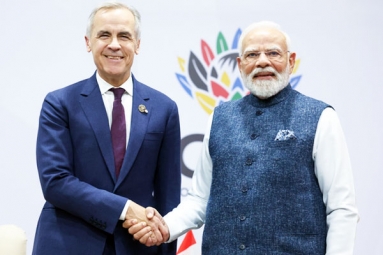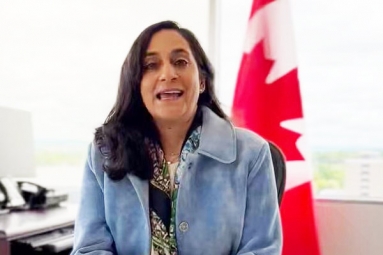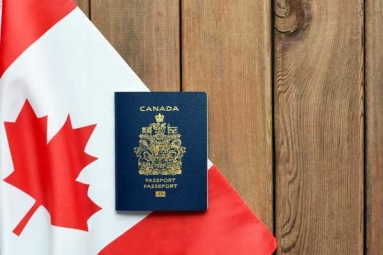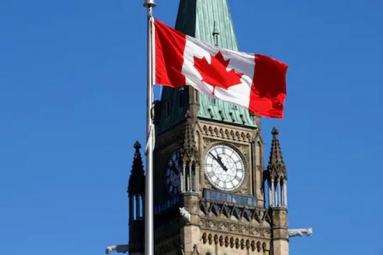
(Image source from: Canva.com)
Canada has updated its citizenship laws, providing an easy and fair method for individuals previously excluded by older regulations to grant Canadian citizenship to their children born or adopted in other countries. Bill C-3, which changes the Citizenship Act (2025), has recently been approved and is expected to help many families of Indian descent in Canada. CBC News reported that the Senate approved Bill C-3 last Wednesday. Canada's Immigration Minister, Lena Metlege Diab, stated that the bill aims to fix old problems in the country's citizenship rules and make things fair for families with children born or adopted abroad. Diab said in a statement, "It will give citizenship to those who were left out by earlier laws, and it will create clear future rules that show how modern families live. These changes will make Canadian citizenship stronger and safer."
The law is not yet active; the Liberal government still needs to decide when it will start, but its approval shows that Ottawa plans to move quickly.
The Ontario Superior Court ruled in December 2023 that a 2009 law was not legal, as stated by CBC News. This law had created a group called "lost Canadians," who believed they should be citizens but were excluded by old rules. Many Canadians of Indian heritage faced issues when their children were born outside Canada due to a rule limiting citizenship to the first generation born abroad, according to sources in a PTI report. The Canadian government accepted the Supreme Court's decision. Bill C-3 suggested that Canadian citizenship could be given to those born outside the country, even beyond the first generation, if their parents lived in Canada for a total of three years before the child's birth or adoption, CBC reported.
A new rule now lets children born outside Canada become Canadian citizens, even if their Canadian parent was also born abroad. Previously, such children couldn't get citizenship, making them "lost Canadians" just because of their birthplace. The new changes mean these children can become citizens if their Canadian parent, who was also born abroad, has a strong link to Canada. To show this link, the parent must prove they lived in Canada for at least 1,095 days (three years) before the child was born or adopted. This is the same amount of time needed to become a Canadian citizen through naturalization, according to a report from MLT Aikins. Though not stated in the law, officials have said these 1,095 days don't have to be in a row. This law will help many Canadians living and raising families abroad who still feel connected to Canada. Thousands of families from India could benefit from this change.
The law awaits a cabinet decision to determine when it will begin. A court has already moved the start date to January 2026, giving the IRCC more time to get things ready.



















